Algebra is often known as the gatekeeper for higher level math courses, but what if you want to learn algebra in an non-traditional way?
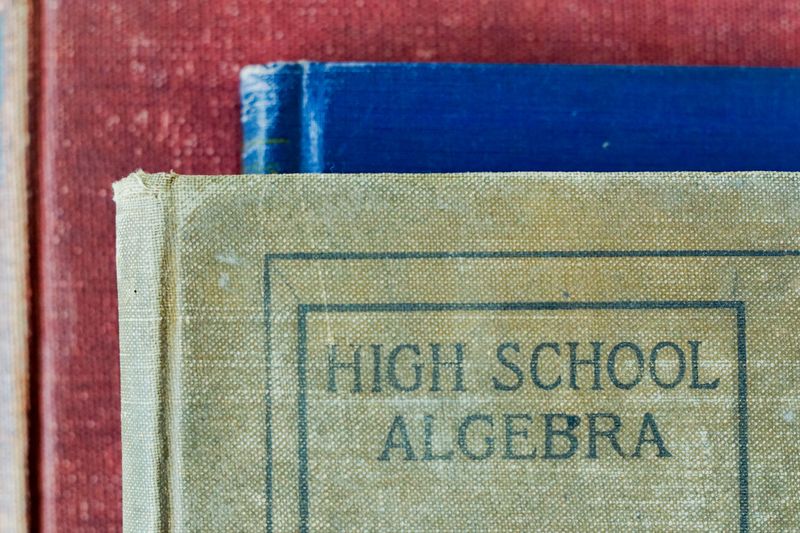 Photo by Laura Rivera on Unsplash
Photo by Laura Rivera on UnsplashIt will still be a lot of work, but you can learn algebra without a teacher with some self-directed learning strategies.
Find the right resources
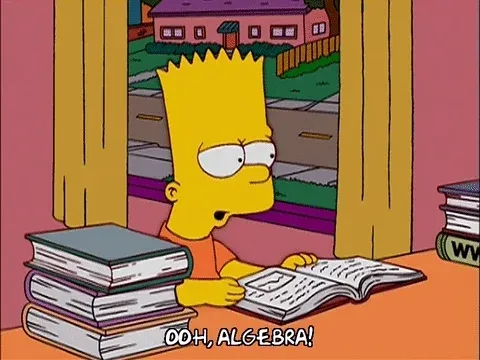
In a traditional setting, a teacher has an algebra curriculum and provides you with the materials you need. Since you'll be learning without a teacher, you need to find the right resources that align with algebra standards.
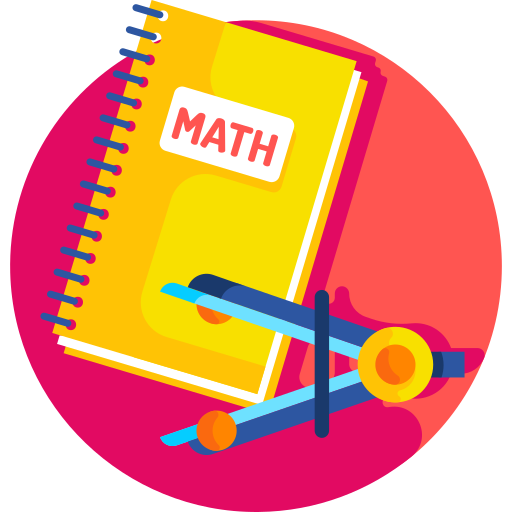
The standards map out all the topics covered in a traditional algebra course. Programs like Khan Academy make it easier to learn all these topics, but you can also use a variety of resources for each topic.
Quadratic equations, for example, is a new topic in algebra that can be tricky for new learners. Websites like mathisfun.com help break down the concepts and give you practice problems to apply your learning.
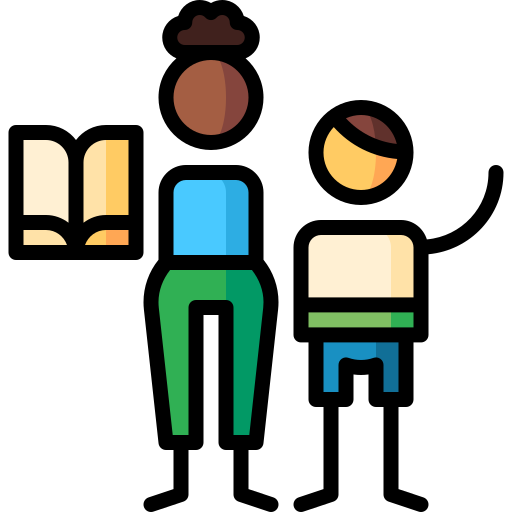 A tutor is a good option if you don't want a traditional teacher but want to build confidence and get more personalized instruction.
A tutor is a good option if you don't want a traditional teacher but want to build confidence and get more personalized instruction.
 Consider as well if you want to use print resources or electronic resources or a mix of both.
Consider as well if you want to use print resources or electronic resources or a mix of both.
Where to start?
A big part of what a teacher does is determine what you already know and ensure you learn new skills based on your pre-existing knowledge.
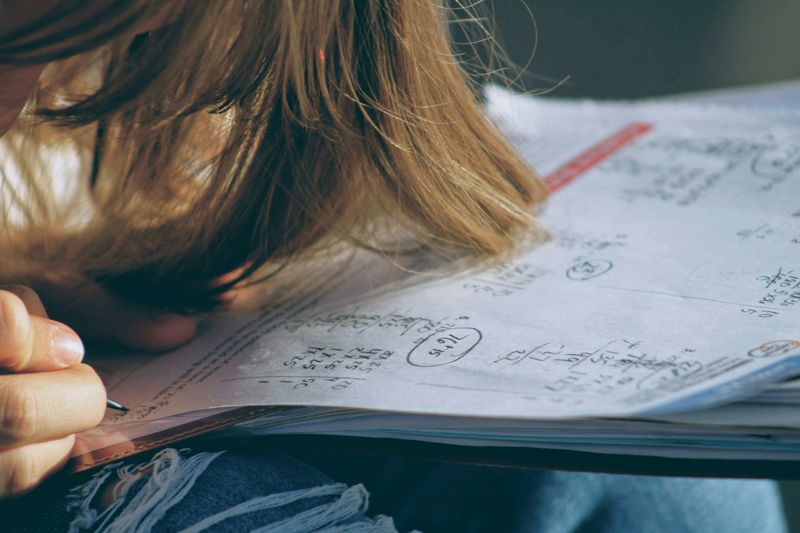 Photo by Joshua Hoehne on Unsplash
Photo by Joshua Hoehne on UnsplashSince you'll be your own teacher, you'll need to help yourself start at an appropriate place. Take Khan Academy's course challenge as a pre-test to see what you already know and what gaps you have.
Quiz
I can find my learning gaps by (choose all that apply):
Make time to practice
 As with any new skill, you need to deliberately practice in order to help you improve and really understand what you're trying to learn.Practice includes writing down and solving problems on paper and talking out how to solve an equation aloud.
As with any new skill, you need to deliberately practice in order to help you improve and really understand what you're trying to learn.Practice includes writing down and solving problems on paper and talking out how to solve an equation aloud.
You can also practice by:
playing games (math-play.com and hoodamath)
doing practice problems
spacing out your practice sessions and teaching what you learned to a study partner (use tips from this article)
Quiz
Jay decides to take a quiz over the skills he's learned so far. Is this helpful practice?
Reflect on the learning process
 Photo by Firmbee.com on Unsplash
Photo by Firmbee.com on UnsplashAfter you've learned a new algebra concept, reflect on what worked well for you and what didn't help you learn.
Reflection questions like these will help you modify your learning process:
Did you learn effectively from watching videos?
Did writing problems down on paper give you enough practice?
Did it help to talk out loud when you were learning new concepts?
Was it helpful to play online math games?
Take Action
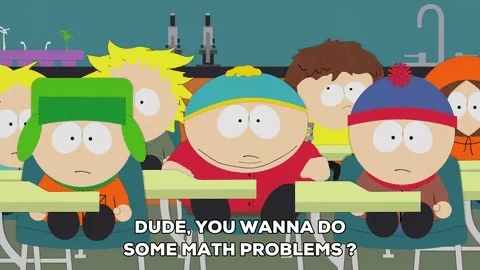
Teaching yourself can be challenging, so...
Your feedback matters to us.
This Byte helped me better understand the topic.
